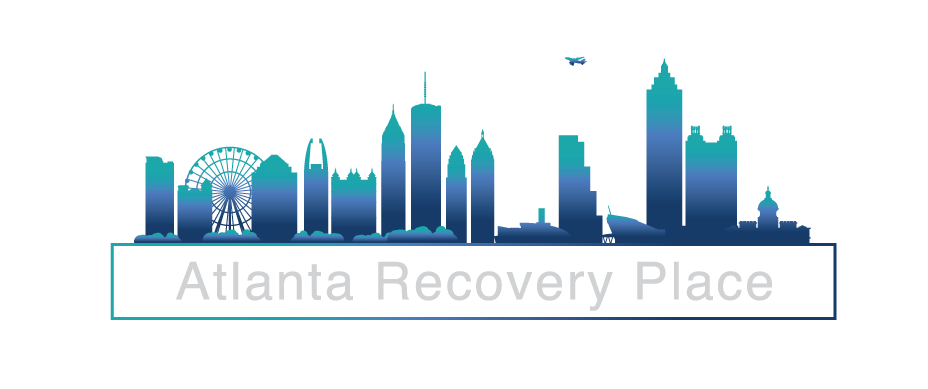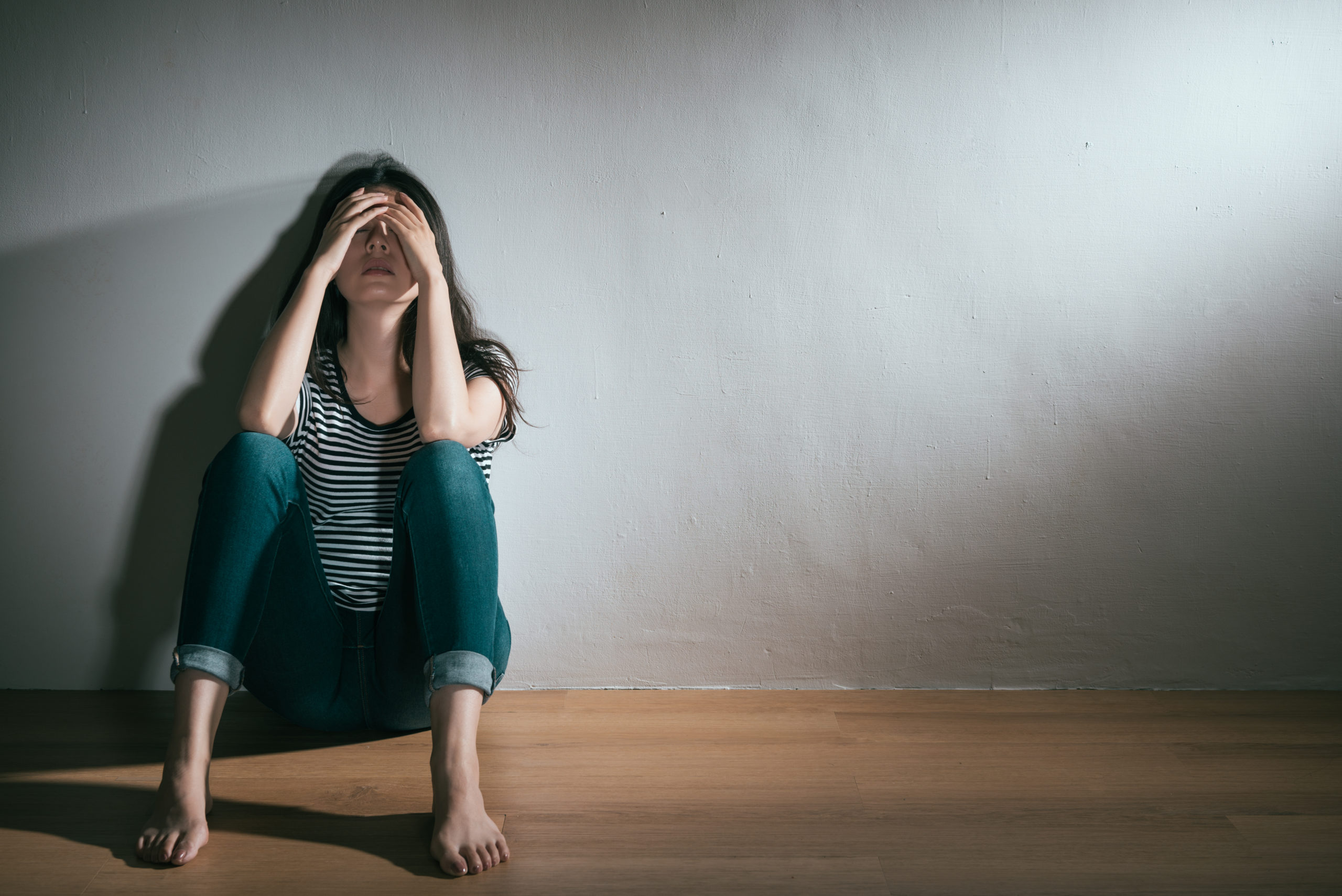Bipolar disorder is linked to addiction in many ways. While one doesn’t cause the other, they both create an unsafe environment for the other to take hold.
At Atlanta Recovery Place, we work with individuals to battle both addiction and bipolar disorder through our dual diagnosis treatment programs. By helping individuals battle addiction through proper treatment and thorough supportive care, our clients can remain sober, successfully.
Contact us to see how our Atlanta bipolar treatment program can help you today.
What are the Symptoms of Bipolar Disorder?
Bipolar disorder is a complex mood disorder that can be difficult to identify because of the inconsistent highs and lows a person experiences. The frequency of the mood swings determines the type of bipolar disorder an individual is diagnosed with.
Individuals with sustained manic and depressive episodes lasting weeks or longer are diagnosed with Bipolar I disorder. Individuals who experience a pattern of hypomanic and depressive episodes that are not extended have Bipolar II disorder. Finally, individuals diagnosed with Cyclothymic Disorder experience highs and lows that occur over two years with no clinical diagnosis on either side.
Often described as a roller coaster, the various types of bipolar disorders are described as such:
- Bipolar I – A roller coaster that pushes you to its highest height and then drops you back only to create a “U” up to another height. Only ideal for the highest risk-takers.
- Bipolar II – A roller coaster that meets all the standards. It has ups and downs and is manageable in height and speed if the individual is prepared.
- Cyclothymic Disorder – This is a child’s roller coaster. It dips and curves but just travels around in the same circle, feeling like there is no end in sight.
What are the Causes of Bipolar Disorder?
Bipolar disorder has no known specific cause but can be attributed to several factors, including “genetics, brain structure and function, and your environment.” These factors combine nature and nurture and indicate that while individuals may be genetically predisposed to the disorder, other environmental factors can instigate it.
One of those factors is addiction. Individuals with no previous noticeable history of bipolar disorder may develop a more severe version of the disorder when substances are used. For example, individuals who drink alcohol may have more severe bouts of depression that consistently make bipolar depressive episodes worse.
On the other hand, individuals who are depressed may use stimulants to enhance their mood. When an individual consistently uses stimulants and becomes addicted and then experiences a manic episode, they can experience bouts of hallucinations and paranoia mimicking schizophrenia.
But can bipolar disorder cause the addiction, or does addiction just worsen the disorder?
Can Bipolar Disorder Cause Addiction?
While bipolar disorder doesn’t specifically cause addiction, it can, in fact, work with substances to increase the likelihood of addiction.
Since bipolar disorder works within the body to instigate unregulated highs and lows, individuals may choose legal or illegal drugs, especially when undiagnosed, to help regulate their moods. Unfortunately, this becomes extremely dangerous for individuals who experience heightened mood swings as they are medicating against one extreme or the other.
This can create higher highs and lower lows. Individuals who are self-medicating with substances are more likely to develop an addiction because the process is unregulated and not monitored. The self-medication process is made even more dangerous when their mood evens out, and they continue to medicate, creating false highs or lows with the substances. By doing so, the body begins to crave the fluctuation and the drug making more severe manic and depressive episodes.
How to Find Treatment for Bipolar Disorder and Addiction
Finding treatment for bipolar disorder and addiction can be a little more challenging than just finding an addiction treatment center. While you could just get help for your addiction, that is more than likely going to be unsuccessful because of how bipolar disorder impacts your moods.
Finding a treatment at a dual diagnosis treatment center can help individuals learn to manage both their addiction and their mental health disorder. Atlanta Recovery Place is a Georgia rehab center ready to help you today. Through this process, individuals use therapy, counseling, and recovery support groups to ensure that individuals get the help and treatment they need to live successfully sober.
Contact Atlanta Recovery Place to see how our dual diagnosis treatment center can help you with addiction and bipolar disorder. Atlanta Recovery Place provides outpatient treatment in Atlanta for those with addiction and dual diagnosis disorders.





